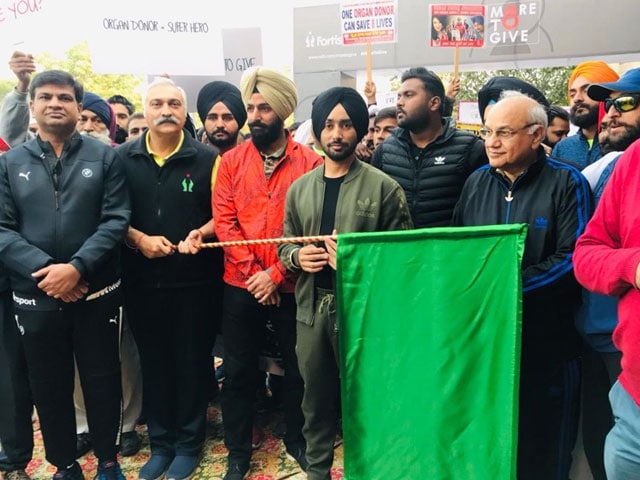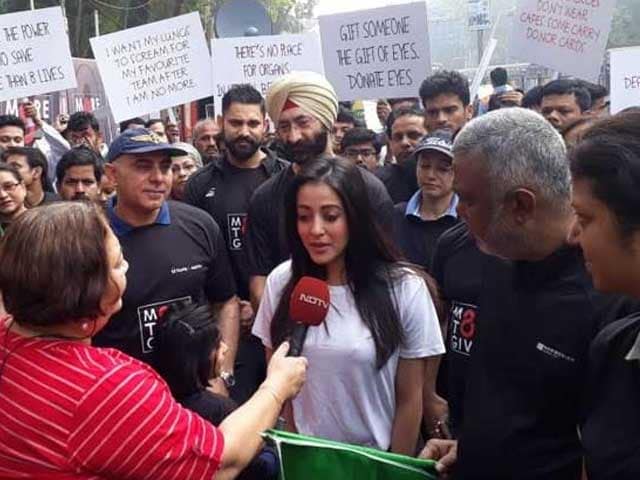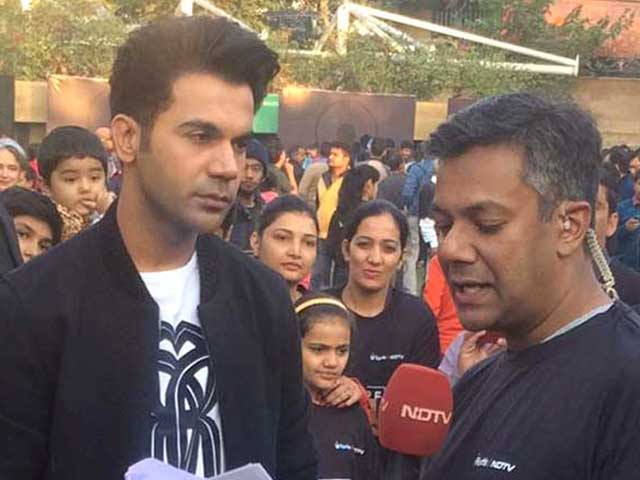“My mother donated her kidney to me. She gave me a second birth; a new lease of life. Today, I respect her above all for everything that she has done for me.”
Ruchi Mittal, a 43-year-old primary school teacher, was diagnosed with kidney failure in August, 2014. She had become very weak, would suffer from frequent bouts of fever, urine infection and vomit. She visited a number of doctors who all echoed that they were routine infections, and she had nothing to worry about. It was only when her creatinine level, a serum that signifies impaired kidney function, was off the charts that her general physician advised her to see a nephrologist, a kidney specialist.
The kidney biopsy revealed damaged kidneys, but they were still functional. About 10-12 days after the report, “I collapsed in school”, said the mother of two. “My collapse was misdiagnosed. I was told it had something to do with my heart, wasn’t serious, and could be corrected with medicines. This further deteriorated my condition”, she said.
On August 2, 2014, “I was admitted to the hospital for dialysis; I only got worse”. On August 4, she moved to another hospital under the care of a different doctor. There, she also underwent plasmapheresis – a procedure to transfuse blood.
“I was on dialysis for six months before I received my mother’s kidney”, said Ruchi. Her doctor wanted to wait for three months on the off chance that her kidneys revived. However, “a month into the dialysis, I was told to consider organ transplantation and start looking for a donor”.

She and her family were counselled about organ donation by the doctor, transplant coordinator, and his team of nurses. “They briefed us about how it would be preferable if a family member can donate his/her kidney to me. My name was also put up on their registry, in case a cadaver donor could donate. But there was a long list of people ahead of me who too were waiting for a kidney. And what were the chances of a match anyway?”
During the dialysis, her blood pressure kept fluctuating, and immunity took a beating. “I would keep throwing up”, she said about her condition, adding that “there were a lot of dietary restrictions as well. I wasn’t allowed juicy fruits, fruit juices, leafy vegetables, and could not drink more than 800ml of water per day”.
Her condition was getting worse with each passing day. The medical team attending to her would encourage her to opt for a transplantation saying life after would be much better. Her mother offered to donate if their blood group matched, which it did.
However, a lot of concerns raced through her mind – “My father suffers from cancer, what if something happens to my mother? What about her health after donating? Was the transplant worth the money? What if my body rejected the kidney? How drastically will my lifestyle change?”
The doctor and his team spent a lot of time encouraging and helping her understand everything. While she would be in the dialysis room, her husband would talk to other people in a similar position for deeper insight. They were also introduced to others who underwent kidney transplantation.
“I was very low initially. I would think of the worst-case scenario – will I come back home to my children? However, seeing my mother’s bravery and willpower despite her age was very motivating. If she was willing to donate for the sake of her child, why shouldn’t I muster up courage to fight and come back to my children”, she said.
For 68-year-old Asha Goyal, Ruchi’s mother, the priority was her daughter’s health. “I would do anything to save my daughter’s life”, she said, adding that she was informed and counselled about living kidney donors doing well after the transplantation. “They recover rapidly, and lead a healthy life if routine medical precautions are taken”. The only thing she has been restricted from doing is lifting weight.
“My mother gave me a second birth; a new lease of life”, Ruchi says gratefully. Her love and respect for her mother knows no bounds.
Life after transplant
While there is no drastic change in lifestyle or restrictions for her mother, Ruchi still has to lead a very cautious life. Her immunity is one-tenth of what it used to be, which makes her more susceptible to falling sick.
She had to take a step back in her career as she can’t and shouldn’t be exerting more than necessary. “I gave up on a lot of additional responsibilities I was given charge of. Also feels like I surrendered all the power that was vested in me. I am like any other teacher now. I go to school, teach a couple of classes, and return home. Even the number of classes I now take has been reduced by half.”
Her dietary requirements are very restrictive. She can eat only home-cooked food, and drink boiled or distilled water. “I carry a bottle of water wherever I go. Earlier, we used to go out for dinner almost every weekend, but that has reduced substantially now. Each time we go out, I carry my food with me. We shouldn’t have to stop going out as family just because of my condition, right?”
“We also used to travel quite a bit. We haven’t stepped out ever since my diagnosis. This one time when we did decide to spend a day out, I ate plain roti in intervals through the day.”
She has to avoid oily food and sugar. When Asha donated her kidney, her sugar was on the borderline. The doctor decided to go ahead with the transplant nonetheless because it wasn’t a threat. Asha’s borderline sugar level makes her a marginal donor.
Both of them have regular check-ups with the doctor to ensure their best health. They take all necessary precautions for a long and wholesome life.
“This experience has made me appreciate and value life a lot more than I used to. Who knows when it will come to an end? There is no point in petty fights that each one of us pick up. We must stay together in harmony, make good use of the time we have, and live life to the fullest”, Ruchi says.











Same happened with my Brother
My father donated Kidney to Brother
I’m a kidney receiver from my son last year and have come back to my life. Really a second birfth.
for a patient a kidney donor is like a god